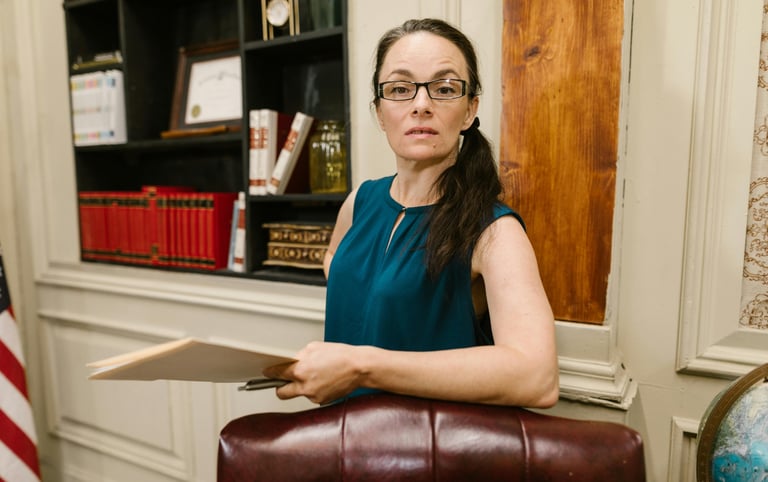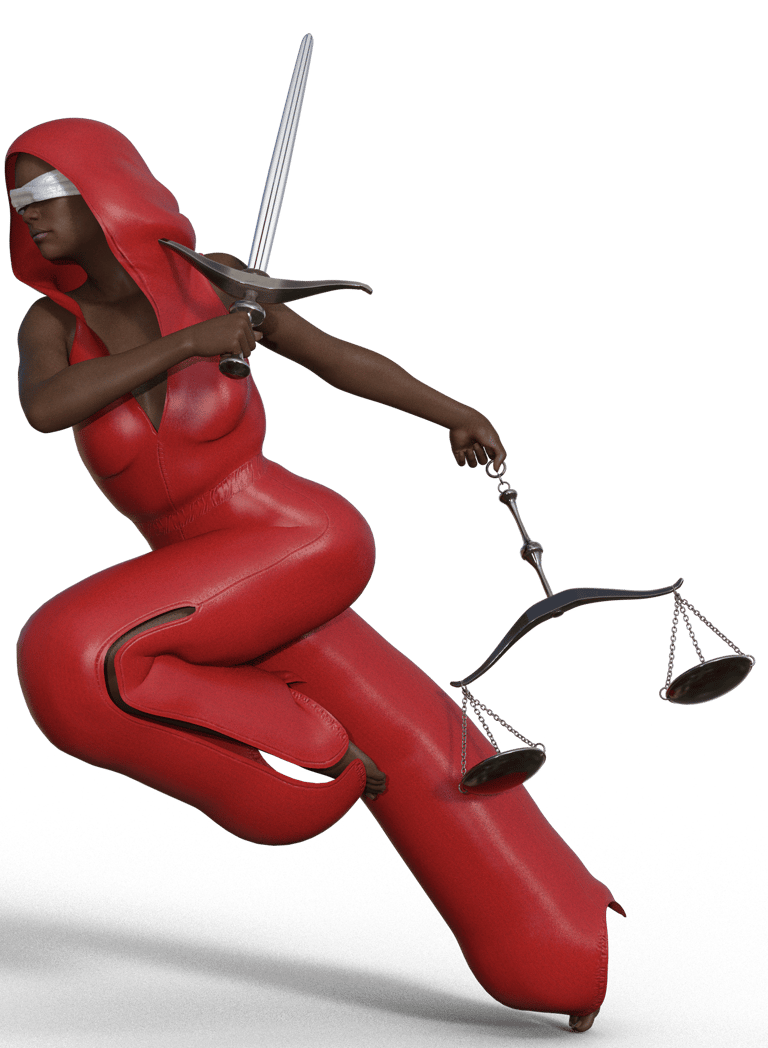

Dispatcher:
The voice on the other end of 911. Dispatchers handle emergency calls, coordinate units, and relay key info to officers in the field. Training is required, but it's not as intensive as what’s expected of sworn officers.
Records Clerk:
These behind-the-scenes pros keep everything in order—processing reports, organizing files, and ensuring critical information is right where it needs to be when it matters most.
Jailer:
Jailers are responsible for keeping correctional facilities running smoothly. They manage inmate behavior, maintain safety, and oversee daily routines inside the facility.
Property Room Clerk:
Think of this role as the gatekeeper for evidence. Property room clerks handle, catalog, and securely store items tied to criminal cases—making sure the chain of custody stays intact.
Administrative Assistant:
From scheduling and correspondence to providing support for officers and leadership, admin assistants keep the wheels turning behind the scenes at law enforcement agencies.
Other paths to consider:
Correctional Officer:
While it does involve training, the path to becoming a correctional officer can be more accessible than becoming a police officer—depending on the state.
Community Service Officer (CSO):
CSOs often help with non-emergency tasks like traffic control or community outreach. These roles usually don’t require academy training but still allow you to serve your community.
Security Guard:
Not technically law enforcement, but it’s a solid starting point in the security world. The training is usually minimal, and the experience can open doors to more formal roles down the line.


